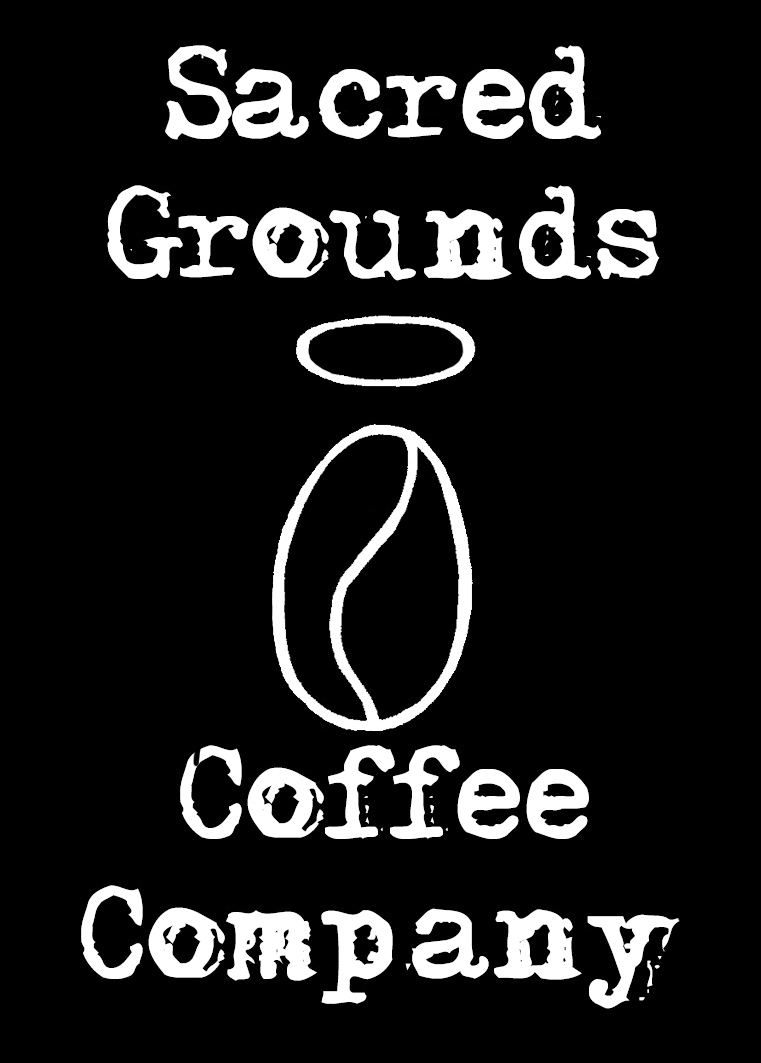Nelson Mejia Cordova is the owner of 3 hectares of land in the village of Neuva Esperanza in Chirinos. The farms are all around 1900 masl and are planted mostly with caturra and typica. Nelson and his brothers pick the coffee together and he helps out picking at their farms, before processing it and drying it on tarpaulin inside a wooden shed at his house.
Nelson used to be a member of a prominent cooperative in the area but left last year after three consecutive years of very low prices and them buying less than 20% of his production. This meant he had to sell the vast majority of his crop to local buyers at the mercy of the market price. Nelson has a very good understanding of quality since the cooperative he used to be a member of had a good training programme and taught him the principles of quality. This knowledge has helped him to come 2nd three years running in the Best of Chirinos local coffee competition.

Coffee in Peru
The region of Chirinos
Chirinos is a district in the province of San Ignacio and is one of the most well known areas for quality coffee in Peru. It is well connected to nearby cities with new roads and a thriving town that serves as a hub for coffee buying and trading. Whilst the coffee landscape in Chrinos is still dominated by middlemen and FTO certifications, there is a growing interest in specialty coffee and some of the biggest cooperatives in this area have been promoting quality for a number of years. However, for those producers that aren't members of co-ops, of which there are many, there is still little access to market and little support to invest in their farms and improve quality. There are a number of villages across Chirinos which have ideal growing conditions for coffee with altitudes above 1700 masl and many producers still growing old pure Arabica varieties. Falcon Specialty, our importer, sees huge potential for quality improvement in Chirinos. By making small changes and investments, producers can escape low market prices which rarely cover the cost of production and find a market for their coffee that pays well above the market rate with quality incentives.
